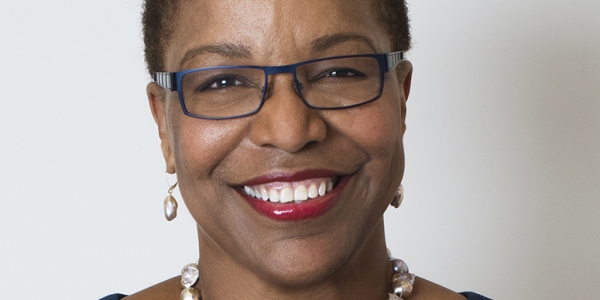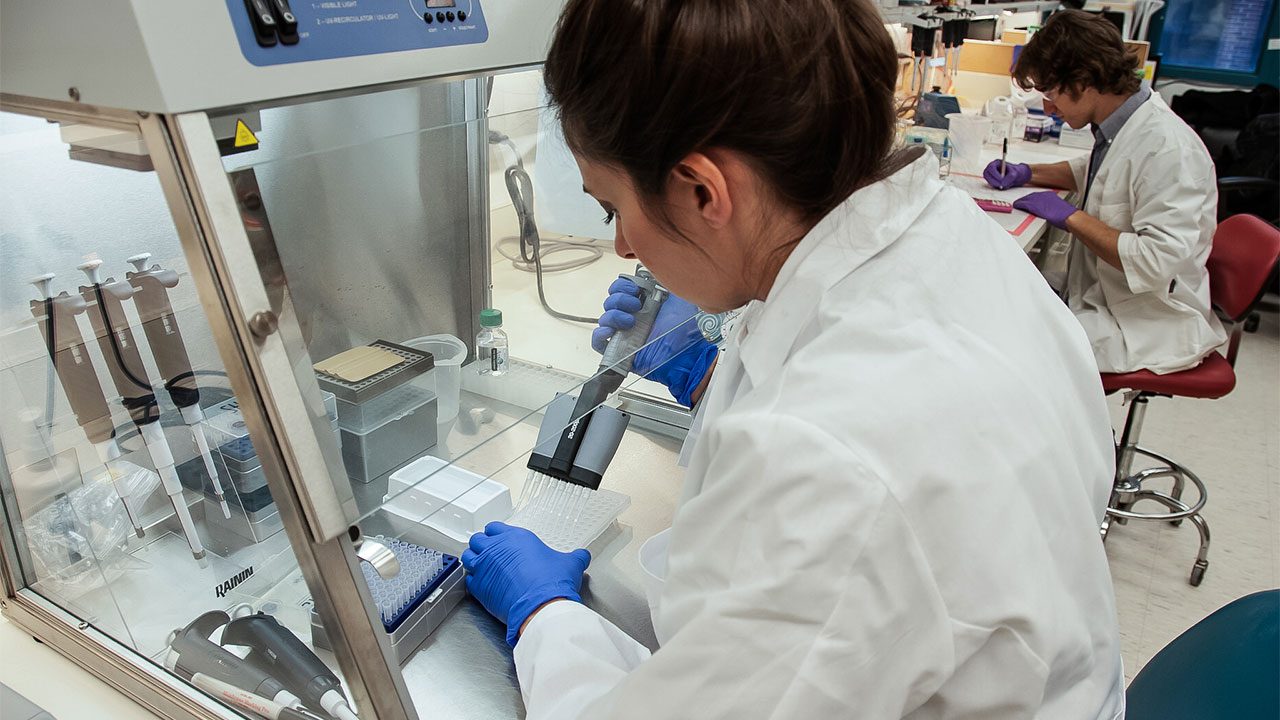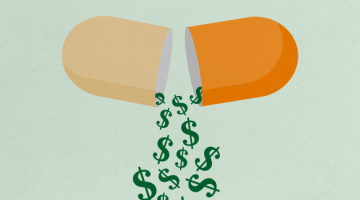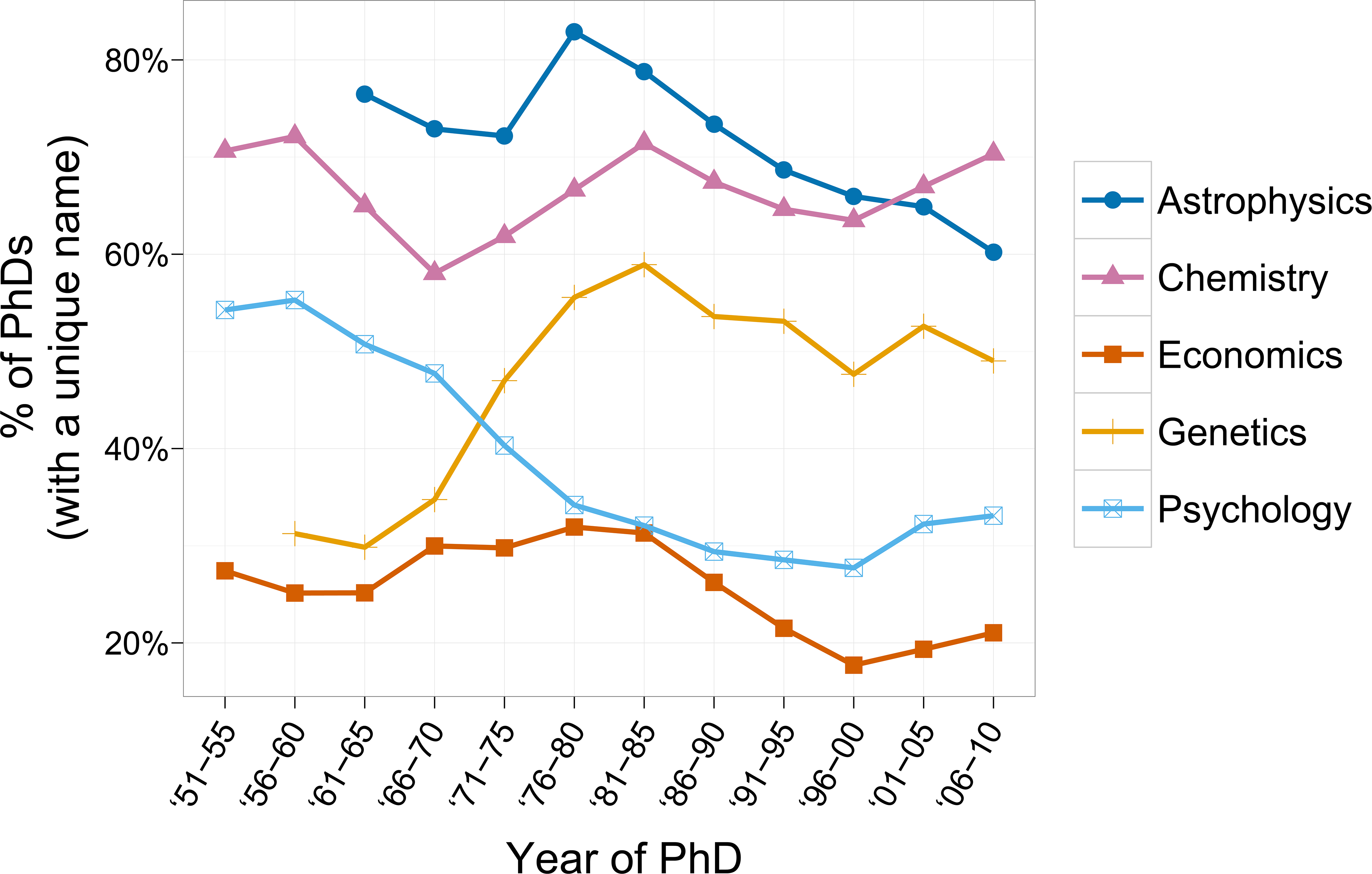Send us a link
You Probably Won't Get Tenure. Get Your Ph.D. Anyway.
The one broadly marketable skill a humanist might acquire in graduate school is the ability to teach.

A winding path to satisfaction
Many feel there is only one path to success and that any deviations will be catastrophic. My own academic path might seem to support this belief. On the surface, it appears quite linear: undergrad, grad student, postdoc, faculty member. But if you look deeper, you will see the series of roadblocks and revised plans that led me to where I am today.
Leveraging Doctoral Requirements to Promote Reproducibility
How can reproducibility be funded and enforced? One solution is to make it a part of the requirements to complete a PhD.

Job-Seeking Ph.D. Holders Look to Life Outside School
As the supply of doctorate holders grows and their academic job prospects dwindle, schools take steps to help graduates find work beyond the academy.
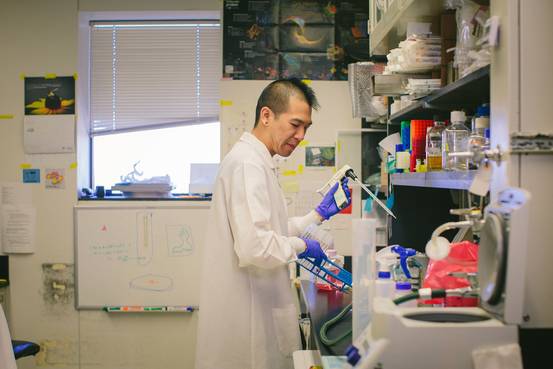
The fool’s gold of Ph.D. employment data
Making proclamations about the scientific enterprise based on sparse employment and career data about junior scientists has become a common endeavor. But this approach is fundamentally flawed.

Lab Wars, a game of scientific sabotage
Two researchers today launch a game that captures this anarchic spirit. Board-game fans Caezar Al-Jassar, a postdoc at the Laboratory of Molecular Biology in Cambridge, UK, and Kuly Heer, a clinical psychologist, have designed the card game Lab Wars to represent the scientific rat race, with extra sabotage.
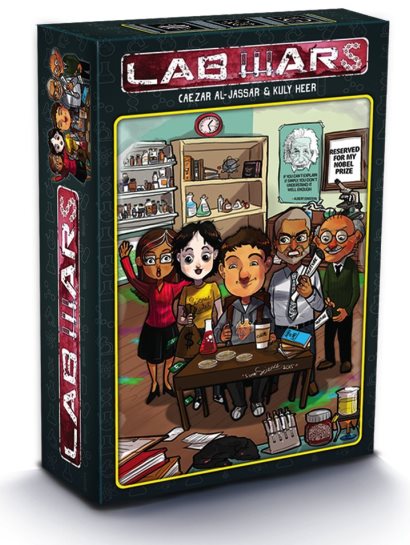
Does mobility boost early scientific careers?
Young scientists are expected to change country and jobs every few years on average to get a chance to progress their academic career. Mobility in science stems from a long tradition. It is favoured for bringing very enriching experiences. But post docs and their scientific work do not always benefit from mobility. Here, EuroScientist looks into how being on the move every few years affects the life of researchers and looks at ways of enhancing work/life balance.

The Economics of Academic Self-promotion
Marketing is you telling others about yourself. Public relations is having someone else tell others about you.
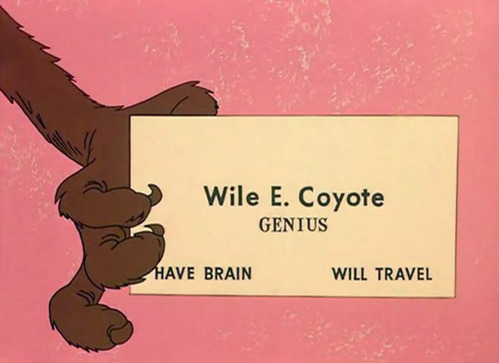
Crunch time
Overtime pay for postdoctoral scientists is welcome — but could mean fewer positions.
Employment crisis for new Ph.D.s is an illusion
NSF surveys generate what seem to be conflicting data on the status of those entering the scientific job market

Writing book reviews during your PhD
Steph Wright wonders if it is better to speak your mind or to hold your tongue

Young scientists need to fight for their employment rights
Like junior doctors, early career biomedical researchers have an issue with contracts (or lack of them). So why don’t we strike too?

CVs of failure in academia do not tell the whole story
Being open about failure is one thing, but we must also look at how we define success, says Shahidha Bari

Stressed students reach out for help
Graduate students struggling with the stresses of their work and lives can tap into multiple avenues of support.
Avoiding a lost generation of scientists
By sharing their experiences, early-career scientists can help to make the case for increased government funding for researchers.

Are older academics past their productive peak?
A recent paper claims that the quality of researchers declines with age. Five senior scientists consider the data and how they’ve contributed through the years.

Big Pay Differences Among New Male, Female Ph.D.s
Female Ph.D.s in science and engineering earn 31 percent less than their male cohorts one year after graduation, according to a new study in American Economic Review: Papers and Proceedings. When controlling for the fact that women tend to earn degrees in fields that pay less than those in which more men earn degrees, the observed gap dropped to 11 percent. And the gap disappeared when controlling for whether the women were married and had children.
